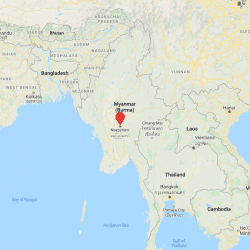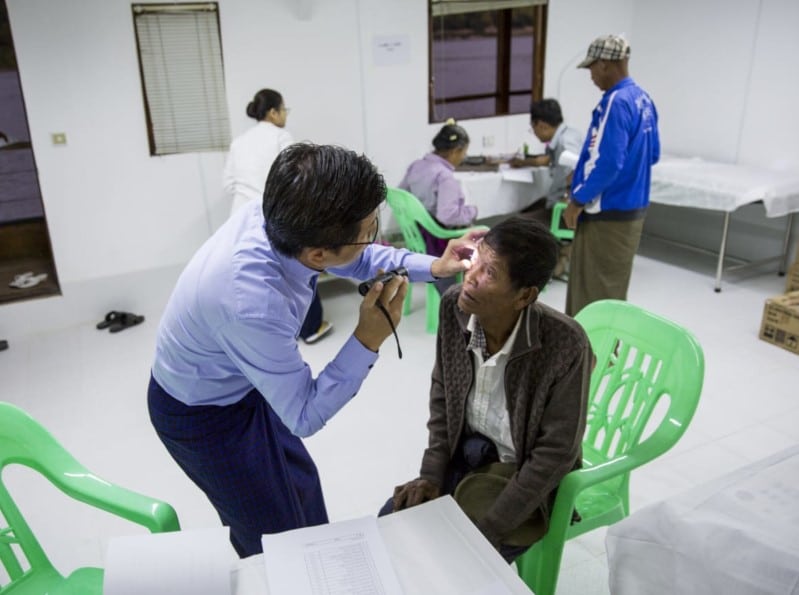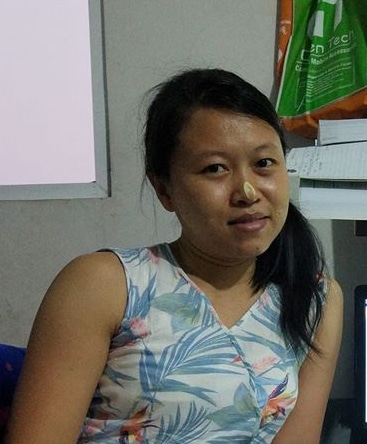Context
Many of Myanmar’s impressive development achievements over the past 15 years are unfortunately seriously threatened by a combination of political and economic instability and the consequences of the Covid-19 pandemic. Poverty has returned to levels not seen since 2005, with almost half the population unable to make ends meet (UNDP) by 2023.
Doctors, nurses, midwives, medical students and community health workers are at the heart of the civil disobedience movement set up in the wake of the 2021 crisis. They have deserted their posts in public hospitals, further weakening the healthcare system.
The communities living along the Irrawaddy River are poor, vulnerable to natural disasters and often live without electricity or modern communications.
As people move further away from urban centres and villages are no longer accessible by road, health care needs become very important. The medical infrastructure and local resources available are rudimentary or even non-existent.
Our action
Coordination and implementation : FXB International
This project is made possible thanks to the generosity of the Maurice Machoud Foundation, which is providing FXB with the floating clinic RV-Inwa for free, and the TotalEnergies Foundation, which has made possible the purchase and transformation of the RV-Mingun into a floating clinic as well as related health missions for the two floating clinics.
Two cruise ships have been converted into floating clinics, each duly equipped with a consultation room, a pharmacy, and
space for minor surgery and dental care
The main objectives of this project are to allow the population to access primary health care, maternal and child care, infant nutrition services, minor surgeries, eye, and dental care. It is also about improving health outcomes, knowledge as well as referral services in a general deteriorated context. In addition, regular revisits to the same villages allow to provide of long-term care for people with chronic diseases.
The team also conducts health education and awareness campaigns, notably in Gender-Based Violence and Sexual and Reproductive Health and Rights (family planning, HIV and sexually transmitted diseases, etc).


